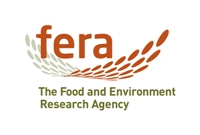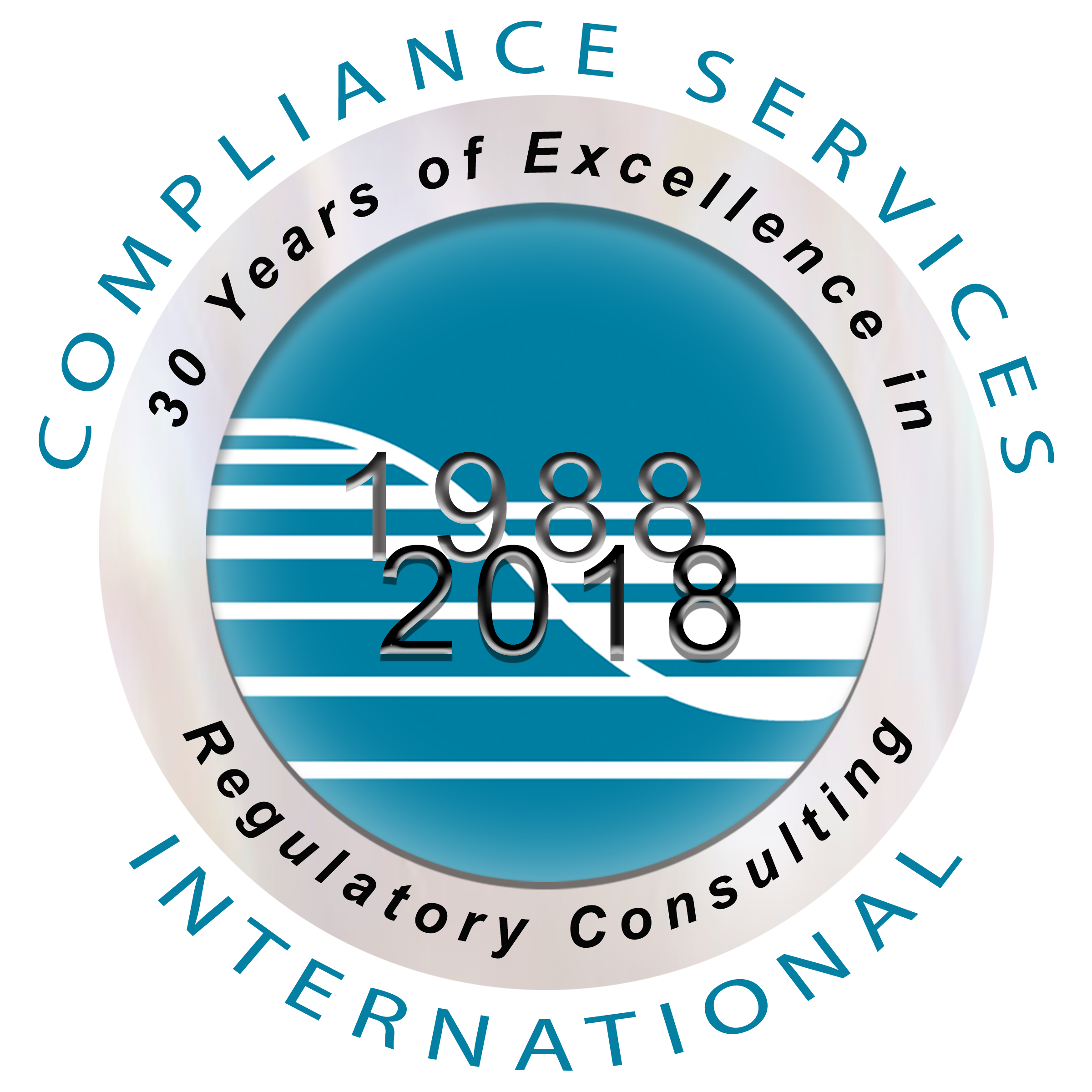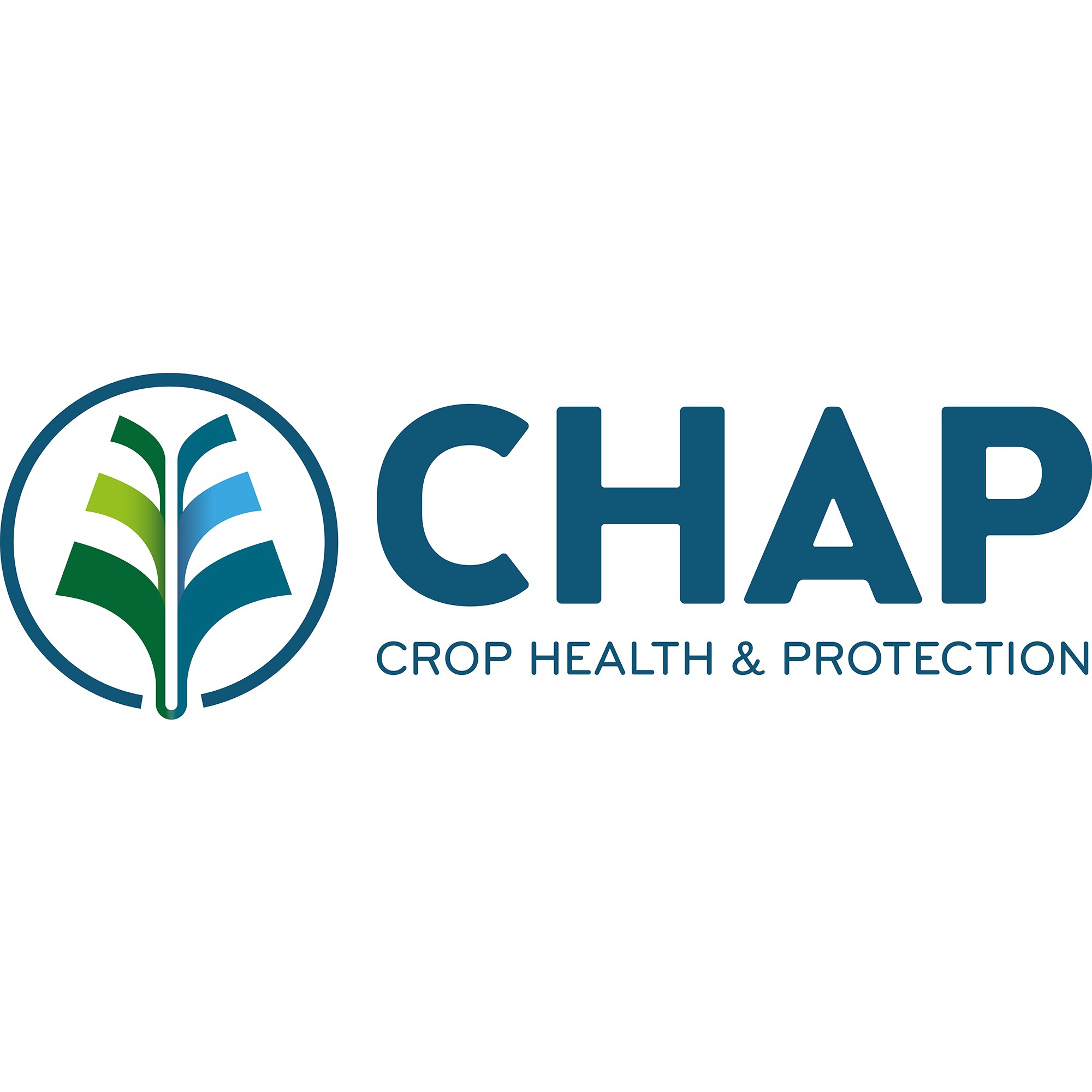5 July 2018
Assessing the risk of Plant Protection Products for the Aquatic Environment
Organised by:
SCI's Agrisciences Group, Environment, Health and Safety Group and Fera
Sand Hutton, UK
Registration Closed
This event is no longer available for registration.
Synopsis
There is currently an initiative to drive forward transitions in predictions of how the environment and its functioning will respond to chemical exposure, with a particular focus in the UK following the National Environment Research Council’s call for proposals entitled ‘Emerging Risks of Chemicals in the Environment’. The underpinning premise of this call was to find ways to make the ecological relevance of methodologies and sustainability of ecosystems more central to risk assessment and monitoring programmes. It sought to better understand the relative importance of chemical stressors and other stressors, and also to improve the characterisation of the impacts of stressors on ecosystem services by developing more holistic, relevant and cost-effective approaches.
The relevance of the approaches used for risk assessment is a continuing regulatory, policy and industry challenge, not least in the aquatic environment, even though this compartment has been subject to the longest and most intensive study. Various methodologies are currently employed to assess risk and monitor consequences, from intensive national surveys of biota (e.g. under the European Water Framework Directive), through expensive water sampling and chemical analysis programmes (e.g. the UK Water Industry Research Chemicals Investigation Programmes), to complex modelling strategies (e.g. the Forum for the Co-ordination of Pesticide Fate Models and their Use [FOCUS]) and trials to simulate risk to whole aquatic ecosystems (e.g. European Food Safety Authority guidance on Higher Tier Ecotoxicological hazard assessments)
Attendees
This workshop is an opportunity to hear about some of the problems encountered and solutions proposed by those working in the field of aquatic risk assessment. One such solution is currently under development by Fera Science Ltd and the Centre for Crop Health and Protection (CHAP): the Innovate UK funded E-Flows Mesocosm - the first fully flow-through field scale mesocosm for higher tier risk assessments. Linking subjects include passive chemical monitoring techniques, refinements in fate modelling approaches and genetic taxonomy methodologies.
The format for the day will be a series of presentations from industry, academia, government and consultancy, followed by lunch, a tour of the E-Flows mesocosm facility and a workshop to collect ideas from attendees.
Programme
Day 1 - 5th July 2018
Event Schedule
- 11:00
- Speaker presentations
- 13:00
- Networking and lunch
- 14:00
- Tour of E-Flows Mescosms
- 1500
- Feedback Session
- 16:00
- Close of meeting
- 10:00
- Registration and refreshments
Accessibility Grants
SCI accessibility grants are available to support SCI members with disabilities, long term health conditions, those who require a carer, and members who are nursing parents to attend SCI events. Download an application form to apply for a grant.
Venue and Contact
FERA
National Agri-food Innovation Campus
Sand Hutton
York
YO41 1LZ
Conference Team
Tel: +44 (0)20 7598 1561
Email: conferences@soci.org
Fees
Early bird fees before Friday 8 June 2018
GB£25 . . . . . . . . . . . . . . . . . SCI Member
GB£35.. . . . . . . . . . . . . . . . . Non-Member
Standard fees after Friday 8 June 2018
GB£35.. . . . . . . . . . . . . . . . . SCI Member
GB£50.. . . . . . . . . . . . . . . . . Non-Member
Did you know that as an SCI member you can save on this and future event delegate fees?
Join SCI now; individual membership is only £90 pa (£75 pa direct debit).
Become an SCI Member and save on this and future events
See Membership OptionsSign up as an Event Member to join this event. SCI Full or Student Members receive discounts on event registrations
Booking Process/Deadlines
For booking terms and conditions click here.CPD Info
All delegates attending this meeting are able to claim CPD points.
Partners
Sponsors
Additional Info
Confirmed Speakers
The E-Flows Mesocosm - First fully flow-through field scale Mesocosm Facility
Dr Rachel Benstead, Fera Science Ltd
eDNA as a method for monitoring environmental change
Dr Neil Boonham, University of Newcastle
Passive sampling - an alternative approach for monitoring plant protection products and other chemicals in the aquatic environment
Prof Gary Fones, University of Portsmouth
An industry viewpoint on the use and interpretation of mesocosm studies
Dr Dan Pickford, Syngenta
A regulatory view point
Chris Taylor, Chemicals Regulation Division (CRD, HSE)










